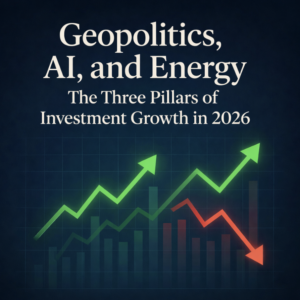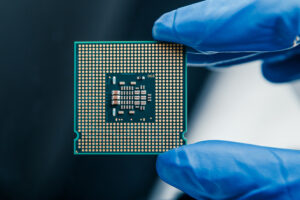Recce’s R327G passed its Phase 2 trial with a 93% primary efficiacy endpoint!

Recce Pharmaceuticals (ASX:RCE) has completed its Phase 2 ABSSSI Clinical Trial (Acute Bacterial Skin and Skin Structure Infections) for RECCE® 327 Topical Gel (R327G) and released the results earlier this week. The results were positive, and pave the way for commercialisation as early as 2026.
How Recce got to this point
Recce is a biotech company focused on bacteria – particularly variants resistant to conventional antibiotics which are commonly called ‘superbugs’. Its most advanced asset is RECCE® 327 (R327). It has a unique Mechanism of Action, works at a rapid pace and continues to work just as effectively with repeated use, with no signs of developing resistance.
The Company’s latest clinical trial is Recce’s Phase 2 trial of R327G in Acute Bacterial Skin and Skin Structure Infections (ABSSSI) – a term including several conditions including diabetic foot infections (DFI) and postoperative wound infections. The study enrolled 30 patients across New South Wales and Victoria – at Barwon Health Geelong and the Australian Clinical Research Network in Maroubra.
R327G showed 93% efficacy
The trial’s endpoint was to see the impact of R327G, with daily application over 7 to 14 days. Patients wounds were assessed using the Lipsky Scale/Bates Jensen Wound Assessment Tool.
After 7-days of treatment, 86% of patients (25 out of 29) treated with R327G had a successful clinical response. At 14-days of treatment, 93% of patients (27 out of 29) achieved a primary efficacy endpoint. R327G was demonstrated to be safe and well tolerated, with no serious adverse events (SAE) reported, achieving all endpoints.
The study enrolled 30 patients, with 29 included in the final data analysis. One patient was withdrawn due to pre-existing pain at the wound site that was deemed unrelated to R327G.
These results complete Recce’s previously announced interim data set which was released to the market in November.
Next step is Phase III
Due to high response rates in Phase 2, experts have determined that the Phase 3 study in Indonesia can meet a highly statistically significant positive endpoint after completing just 100 patients. The Indonesian Drug and Food Regulatory Authority (Badan POM) approved protocol has a built-in interim analysis, and the company anticipates completing this data set by the end of this year. In other words, expect results before then.
Recce has told investors that it could have R327G commercialised in 2026. It has commenced a Phase III trial for Diabetic Foot Infections (DFIs) in Indonesia in up to 300 patients, a trial that could see R327G receive regulatory approval in the event of a successful trial – in Indonesia and potentially neighbouring ASEAN countries.
Indonesia and the broader ASEAN region is a lucrative opportunity. Antimicrobial resistance (AMR) is a significant problem in that part of the world just as much as it is in the West, with costs related to AMR anticipated to reach US$550-700bn without any further interventions. Consider that Indonesia has a 12% prevalence of DFIs in hospitals and 24% in community settings. In the US, these figures are just 1.4% and 5.9% respectively.
Conclusion
Recce could hardly have asked for better results from its Phase 2 clinical trial of R327G in ABSSSI, with a 93% efficacy. It bodes well for the success of Recce’s Phase 3 trial in Indonesia, which could be the final step before R327G is commercialised for its initial indication.
What are the Best ASX Stocks to invest in right now?
Check our buy/sell tips

Blog Categories
Get the Latest Insider Trades on ASX!
Recent Posts
Geopolitics, AI, and Energy, The Three Pillars of Investment Growth in 2026
Investing right now feels riskier than ever – messy geopolitics, the AI boom, and power shortages are all piling on.…
ReadyTech (ASX:RDY) Down 57%, Where’s the Operating Leverage?
ReadyTech Soft Half Keeps Pressure on the Stock ReadyTech has had a rough 12 months. The stock has fallen from…
Adisyn (ASX:AI1) Graphene Makes Drones Harder to Detect
Big Step in Drone Stealth With Graphene Adisyn (ASX:AI1) has successfully completed an early proof of concept demonstrating that graphene…


